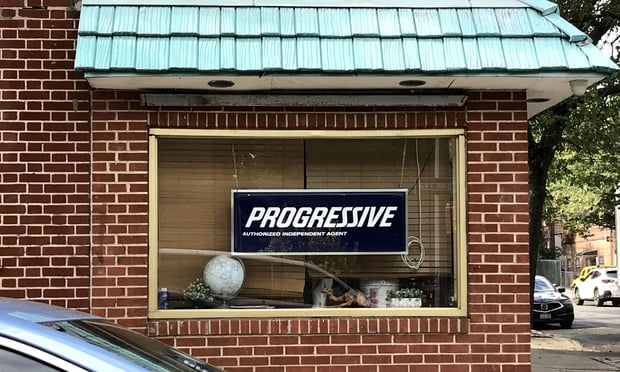COLORADO SPRINGS, Colo.—The insurance industry appears to making more of an investment in training the future generation of leaders, but executives wondered if insurers are devoting resources to train younger workers who might be less inclined to stick with the company over the long term.
The executives were addressing a question posed to them by Bob Hartwig, president of the Insurance Information Institute, during a panel discussion here at the 99th annual Insurance Leadership Forum of the Council of Insurance Agents & Brokers.
Hartwig asked whether or not the insurance industry is doing enough to bring in the next generation of leaders, and suggested that the industry may be doing a poor job at attracting the talent it needs.
John Rumpler, president and chief executive officer of North America, QBE, says he believes he is seeing a trend toward increased education. In the 1970s, he says many universities were hosting education programs that trained the future generation of insurance executives. By the 1990s, those programs stopped.
Now, he says there is a resurgence in university insurance education programs.
He says another valuable tool for recruitment to this industry is internship programs.
However, he continued, one generational change is that many Generation X and Y professionals are not willing to stay with the same company “all their life.”
Investing in an individual is a major commitment, he says, but he questioned the value of investing in individuals who want to change jobs every three years.
“How do we develop an environment that attracts and retains young people that do not want to stay with the same company?” asks Rumpler.
In response, Tom Motamed, chairman and CEO of CNA says, “If you can challenge them they will respond and want to stay, but if you stop challenging them you will lose them.”
Lori Fouche, president and chief executive officer of Fireman's Fund, says the difficulty the industry faces in recruiting young talent is in some ways self-inflicted. The industry has abandoned its education programs over the years, and what is left “is not as robust an education program,” she says.
The industry wants to hire experienced people “who can hit the ground running,” which is why there is so much movement of executives between companies. But Fouche says that is not a long-term solution.
“Somewhere along the line we have to make a decision to invest,” says Fouche.
Want to continue reading?
Become a Free PropertyCasualty360 Digital Reader
Your access to unlimited PropertyCasualty360 content isn’t changing.
Once you are an ALM digital member, you’ll receive:
- Breaking insurance news and analysis, on-site and via our newsletters and custom alerts
- Weekly Insurance Speak podcast featuring exclusive interviews with industry leaders
- Educational webcasts, white papers, and ebooks from industry thought leaders
- Critical converage of the employee benefits and financial advisory markets on our other ALM sites, BenefitsPRO and ThinkAdvisor
Already have an account? Sign In Now
© 2024 ALM Global, LLC, All Rights Reserved. Request academic re-use from www.copyright.com. All other uses, submit a request to [email protected]. For more information visit Asset & Logo Licensing.








